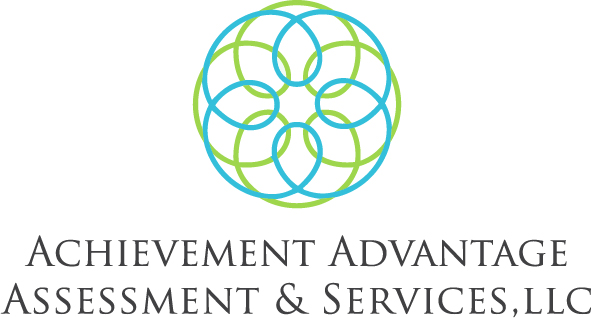Now that you have your schedule organized, it’s time to think about how to organize your materials. There’s no one “right” way to do it; you may need to try multiple different strategies and choose the one that works best for you.
Color Coding. Color coding can be helpful to make sure you bring the right materials to class. One way to use the color coding organizational strategy is to assign each course a color. This means that the book, notebook, binder etc. that you need for each course would be one color. You can look at your text book cover as a guide of which color to use, or you can use book covers. If you are disorganized or distracted, it is much easier to pick up every blue item than make a mental list of everything you might need for history class, for example.
All-In-One Approach. While many people find color coding materials helpful, others still have difficulty remembering to bring all of the required supplies even if they are color coded. If that is the case, it is often easier to keep everything in one large binder. The challenge here is to make sure that the binder is well organized with specific sections for each course. It may still be helpful to color code the sections within the binder to foster organization and separation of course materials. Additionally, it is usually helpful to have small spiral notebooks in each course section for notes. This keeps all of your notes together and in order.
Organizing Your Binder. You will either have multiple smaller binders if you are using one for each class, or one larger binder if you are using a single one to hold all course material. You should put your syllabus in a protective sleeve in the front of each binder or section. Next, you should have a color coordinated spiral notebook to keep your notes organized. Following the notebook, you should insert any in-class handouts so that you can easily access them.
Bag. Many students carry their materials to class, but it may be better to have a well-organized bag. This will allow you to make sure you have all of the small materials you need like pens, highlighters, calculators, etc. If you keep them in a specific spot in your bag, you won’t have to remember to take any additional supplies with you. You will just have to change out the binder and books you need.
Once you find an organizational system that works for you, stick to it and try your best to keep your binders and bags neat. It can be very easy to simply put papers or notes into your bag or in a book, but the care that you take following your system will save you a lot of time looking for things you need but have lost in the future. For our next blog post, we will address finding or creating an environment that fosters productivity.



